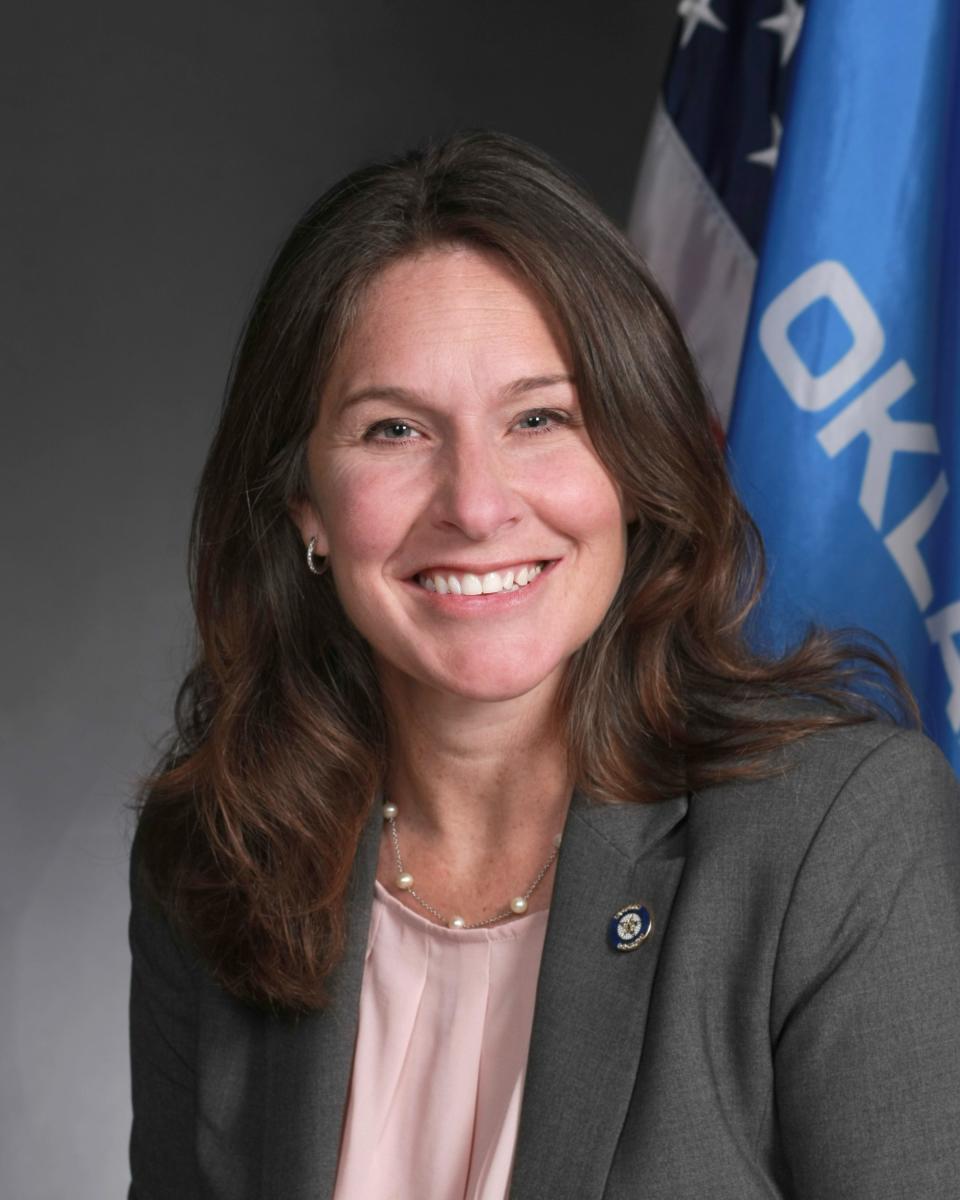Proposed education rules' real purpose is to shut down Oklahoma schools, create chaos
This past legislative session saw the Oklahoma State Department of Education attempt to put forth a litany of questionable agenda items through the administrative rulemaking process. These proposals were so controversial the Legislature ultimately chose not to act on these and all other agency rules, sending the decision instead to the governor’s desk, where they now sit, waiting for his approval or disapproval.
He has until July 17 to act.
The proposed rules by the state Education Department carry a theme: creating new ways to assign accreditation deficiencies to school districts. School accreditation reporting deals with the business of running a school. Performing the required number of fire drills, or ensuring that the chemistry teacher is, in fact, certified to teach chemistry.
Enough deficiencies stacked up can equal a school being shut down or taken over. Every staff member loses their job, and every family must find a new place for their children to attend school. Imagine the chaos this would bring to communities and to the local economy. It is not a step to be taken lightly.
More: Lawmakers should get an 'F' for ducking critical Oklahoma educational rule debate and vote
It’s likely that many Oklahomans have heard about the attempts to tie high stakes testing to accreditation (which is an awful idea), but lesser discussed has been a handful of other proposals that bear further scrutiny. In particular, those tying voluntary student prayer and the required minute of silence. These requirements are unique: They are already state law, and parents are empowered to take legal action should their child be denied either.
Why tie these things to accreditation? Students already can pray in school ― they just cannot be guided in prayer by a staff member or teacher. Religious education and guidance must always remain the sole authority of the parents. The minute of silence guarantees a baseline that every student can pray or reflect in whatever way they choose.
Consider the bigger picture. Tying these items to accreditation adds to the growing list of ways the state Education Department can target school districts. Why?
More: Legislators' lack of action on Ryan Walters administrative rules is 'truly reprehensible!' | Opinion
One only needs look at adjacent states to see the path we are on. In Arkansas, the state has begun taking over small rural school districts and opening D.C.-based charter schools in their place. Gone are the local school boards and the community voice.
In Texas, the largest public school has been taken over by the state and is run by a superintendent embroiled in constant controversy, most recently for allegedly sending taxpayer dollars to out-of-state Colorado charters.
More: The fate of Ryan Walters' administrative rules for education department rests with Stitt
We must be careful of the groundwork being laid here in Oklahoma. There is a theme ― one which loads up the accreditation process with traps and pitfalls for our public schools. These two new rules are part of a larger effort ― one we must stand up to if we wish to protect our children across Oklahoma from the coming chaos.
We must urge the governor to disapprove the rules tying student voluntary prayer and the minute of silence to accreditation, along with all others that do so.
The time is now to rally around our public schools. Find out what they need, work to provide it, hold them accountable. Lay off the rhetoric and chaos that has teachers leaving the profession in droves. Our kids and our communities deserve better.

Melissa Provenzano represents the people of Oklahoma’s 79th District in the House of Representatives.
This article originally appeared on Oklahoman: Education rules could harm local economies, should not be approved

